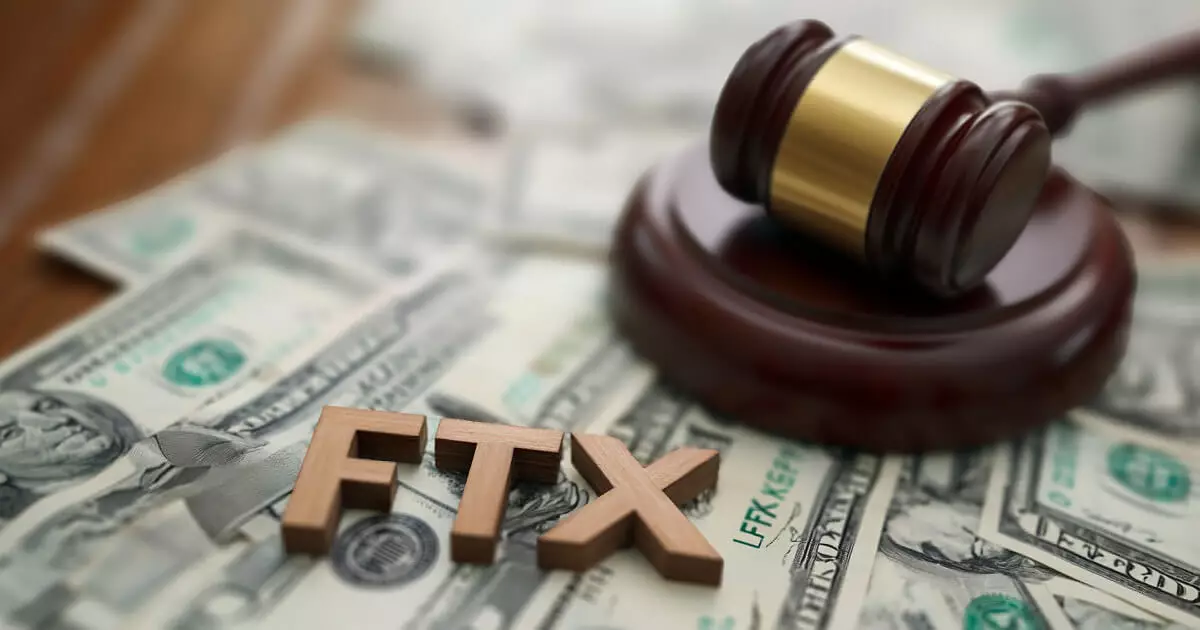The recent filing by the US Securities and Exchange Commission (SEC) regarding the repayment strategy in the ongoing FTX bankruptcy case has raised significant concerns within the industry. The SEC expressed worries about the plan to repay creditors using stablecoins or other digital assets, potentially challenging these transactions under federal securities laws. While the SEC has not issued a definitive legal opinion on the matter, its filing reserves the right to challenge the legality of these transactions in the future.
The SEC’s filing has added another layer of uncertainty to the already complex FTX bankruptcy proceedings. The case involves liquidating the company’s assets to repay thousands of creditors following the exchange’s collapse in November 2022. The SEC’s request to remove a discharge provision from FTX’s Chapter 11 Plan has drawn criticism as it could shield the company from certain legal liabilities, hindering full accountability in the bankruptcy process.
The SEC’s approach in the FTX case has faced sharp criticism from industry experts, with concerns raised about unnecessary delays and complications in the bankruptcy process. Coinbase chief legal officer Paul Grewal criticized the regulator’s lack of clarity, pointing out that the uncertainty created by the SEC’s filing could negatively impact investors, consumers, and markets. Grewal’s comments reflect a broader frustration within the crypto industry concerning the SEC’s inconsistent and opaque regulatory approach.
Many in the industry argue that the SEC’s reservations regarding the use of stablecoins in creditor repayments could prolong the bankruptcy proceedings and further exacerbate financial hardships for creditors. The ongoing debate about whether stablecoins should be treated as securities under federal law adds another layer of complexity to the situation. If the SEC were to successfully challenge FTX’s use of stablecoins, it could set a precedent affecting other companies and creditors involved in similar bankruptcy cases.
The SEC’s concerns over the repayment strategy in the FTX bankruptcy case have raised significant issues within the industry, sparking criticism and uncertainty. The regulator’s reserved right to challenge transactions involving stablecoins or digital assets adds complexity to an already challenging situation. The outcome of this case could have far-reaching implications for how cryptocurrencies are treated in bankruptcy proceedings and the broader regulatory landscape affecting the crypto industry.
















Leave a Reply